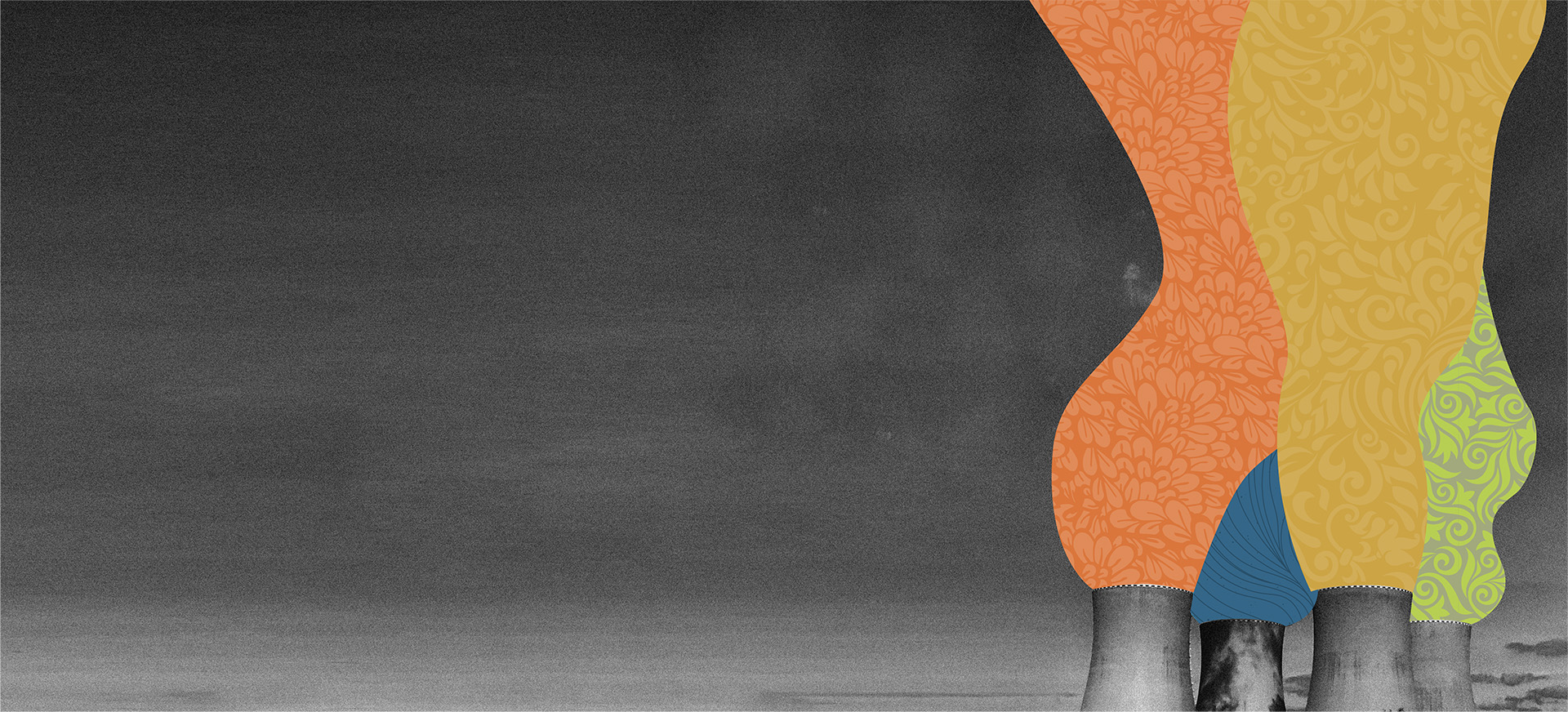Environmental Racism & Environmental Justice
The U.S. agricultural system was founded on land stolen from Indigenous people, and built on the labor of enslaved Africans. That legacy is central to how industrial animal agriculture operates today: environmental resources and burdens — as well as the power to make decisions about the environment — are profoundly shaped by the racial makeup of a given community.
Corporations intentionally place factory farms in communities with fewer resources to devote to changing things, knowing it will be harder for local residents to defend themselves against pollution. This means Black and Latino communities have suffered particularly from the rise of the industrial ag system. Studies show that the same land once worked by enslaved Black people is often now dominated by factory farms.
FarmSTAND seeks to protect the environment and build power in rural communities that animal ag megacorporations routinely exploit. We do this work in collaboration with the communities most directly impacted by the industry’s pollution.
Industrial agriculture is among the top drivers of climate change. Food production today is responsible for nearly a quarter of the world’s greenhouse gas emissions.
Instead of curtailing pollution at the source, governments often want to subsidize industry tech fixes that only make the problem worse – both for industrial’s ag’s neighbors as well as the climate. Factory farm gas, which industry likes to call “biogas,” traps methane emissions from animal manure to sell as energy, creating yet another revenue stream for factory farms. If you pay polluters for their pollution, they’re going to pollute more. In this way, factory farm gas is a scheme to make factory farms even more dominant.
FarmSTAND challenges factory farm gas by bringing anti-greenwashing suits against companies that deceive customers into paying to support this scheme, and through public education about how industrial agriculture pollution can never be a climate solution.
Just as the factory farming system is built on cruelty to people, its survival also depends upon the inhumane treatment of animals. The industrial animal ag business model requires thousands and thousands of animals be packed tightly into warehouses, keeping them from moving in the way they naturally would, preventing access to sunlight, and creating breeding grounds for disease.
FarmSTAND fights for the First Amendment rights of activists and journalists to conduct undercover investigations of conditions at factory farms, so the public can understand how its food is made. FarmSTAND has been a national leader in striking down ‘Ag-Gag’ laws that ban or otherwise inhibit investigations into industrial ag facility conditions and stifle public protest of factory farms. FarmSTAND has led the legal efforts to strike down ag-gag laws in North Carolina, Iowa, and Wyoming.
Consumers continue to say they want to choose food products created under more humane conditions for animals. Because Big Ag can’t square public compassion for animals with their method for creating maximum profit at all costs, deceiving consumers is one of their key tactics. FarmSTAND focuses on identifying, litigating against, and revealing corporate schemes meant to trick the public into buying products that marketing suggests are made with higher animal welfare standards than they are.
